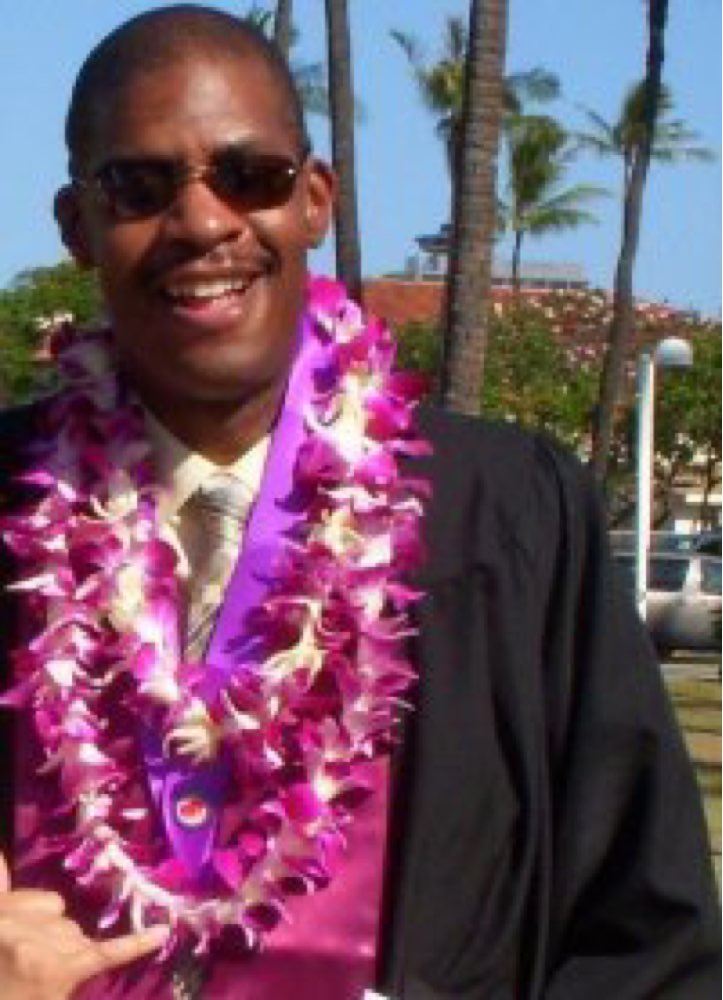
Replies

Ravi February 13, 2022
If we look at truth on a scale of 0 to 100, we can assign not
necessarily true and could be true different values.
Must be true=100 (has to be true)
Not necessarily true (could be false)=0-99 (includes everything but
must be true)
Could be true=1-100 (includes everything except for cannot be true)
Cannot be true (must be false)=0 (has to be false)
The key difference between not necessarily true and could be true is
that not necessarily true includes cannot be true, whereas could be
true includes must be true.
Not necessarily true (could be false) means there's a chance that
something's false, but it does not have to be false
Could be true means that there's a chance that something's true, but
it doesn't have to be false
The logical opposite of must be true is "not must be true," which means could be false.
The logical opposite of must be false is "not must be false," which means could be true
The logical opposite of could be true is "not could be true," which means cannot be true/must be false
The logical opposite of could be false is "not could be false," which means cannot be false/must be true

Lamont March 4, 2022
Thanks, Ravi your explanation got me on track.